Fellow poet William Butler Yeats once called Rupert Brooke “the handsomest man in England,” and few people who ever met Brooke—male or female—would have disagreed. The son of wealthy, well-connected parents (his father was a house master at the famous Rugby School), the golden-haired Brooke rose effortlessly to rarified levels of fame and adulation in the late-summer twilight of England’s Georgian Age, an era that died in the trenches of World War I alongside Brooke’s entire generation.
Like most Europeans, Brooke expected the looming war to be brief and glorious. “Well, if Armageddon is on, I suppose one should be there,” he said airily, when told of the outbreak of hostilities in August 1914. With the help of high connections (he numbered Winston Churchill and Prime Minister Herbert Asquith among his acquaintances), Brooke managed to secure a commission in an elite new unit, the Royal Naval Division.
On leave that December, Brooke wrote a series of five “war sonnets” that would make him famous. They were full of high-sounding odes to patriotism, nobility, and sacrifice—sentiments that American writer Ernest Hemingway, himself a veteran of World War I, would later term “obscene.” At the time, however, they perfectly expressed the mood of a certain type of well-bred Englishman, who could say of the war, in all seriousness, “Now, God be thanked Who has matched us with His hour,/And caught our youth, and wakened us from sleeping.” Many of those stalwart young men would fall in the first hour of the Battle of the Somme.
Brooke would not be among them. In March 1915 he boarded a troopship bound for the Gallipoli Peninsula, where, ironically, his friend Churchill had promoted a scheme to relieve the Western Front by mounting a new offensive on the Turkish-held Dardanelles Strait. “I’ve never been quite so happy in my life,” he wrote to Prime Minister Asquith’s daughter, Violet. “I suddenly realize that the ambition of my life has been—since I was two—to go on a military expedition against Constantinople.”
It was an ambition he was not destined to fulfill. While still en route to the front, Brooke was bitten by a mosquito at Port Said, Egypt, a trifling sting that soon erupted into full-fledged blood poisoning. Already weakened by fever and dysentery, the athletic young poet died with shocking suddenness on April 23, 1915—Shakespeare’s birthday. Two of the five fellow officers who buried him would die themselves at Gallipoli.
No less a personage than Winston Churchill wrote Brooke’s obituary in the London Times. Whether heartfelt or cynical, the tribute was calculated to raise British morale at a time when the first news of the Allied landings at Gallipoli was expected momentarily. Brooke, wrote Churchill, “expected to die; he was willing to die for the dear England whose beauty and majesty he knew; and he advanced towards the brink in perfect serenity, with absolute conviction of the rightness of his country’s cause. He was all that one would wish England’s noblest sons to be.”
Some of Brooke’s other friends resented the near-canonization that followed his death and the way that he was turned into a recruiting poster for the war that had killed him. “The deans and great-aunts who picture Brooke as a kind of blend of General Gordon and Lord Tennyson,” said one, “never got the faintest feeling of his being a human being at all.”
In a way Brooke died too soon, before the full horrors of the Western Front would present themselves to the other poets of his lost generation. Had he lived, it is likely that he would have written, as they did, more realistic poems about the mechanized killing machine that destroyed so many of their friends and brothers and, all too often, themselves. As it was, Brooke wrote his own epitaph in “The Soldier,” a poem that has become one of the best-loved sonnets in the English language. It begins: “If I should die, think only this of me:/That there’s some corner of a foreign field/That is forever England.” n
Roy Morris Jr.
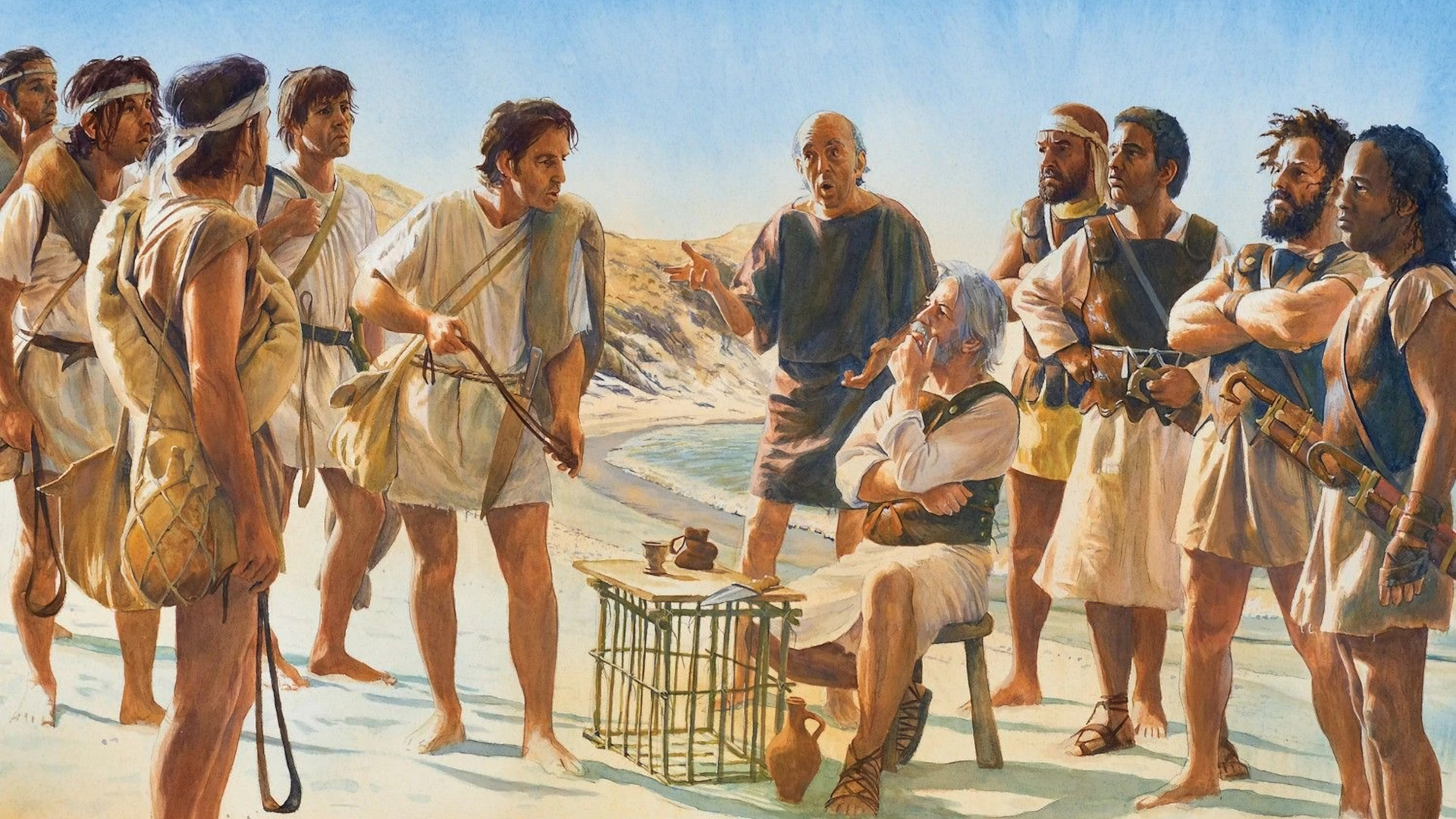

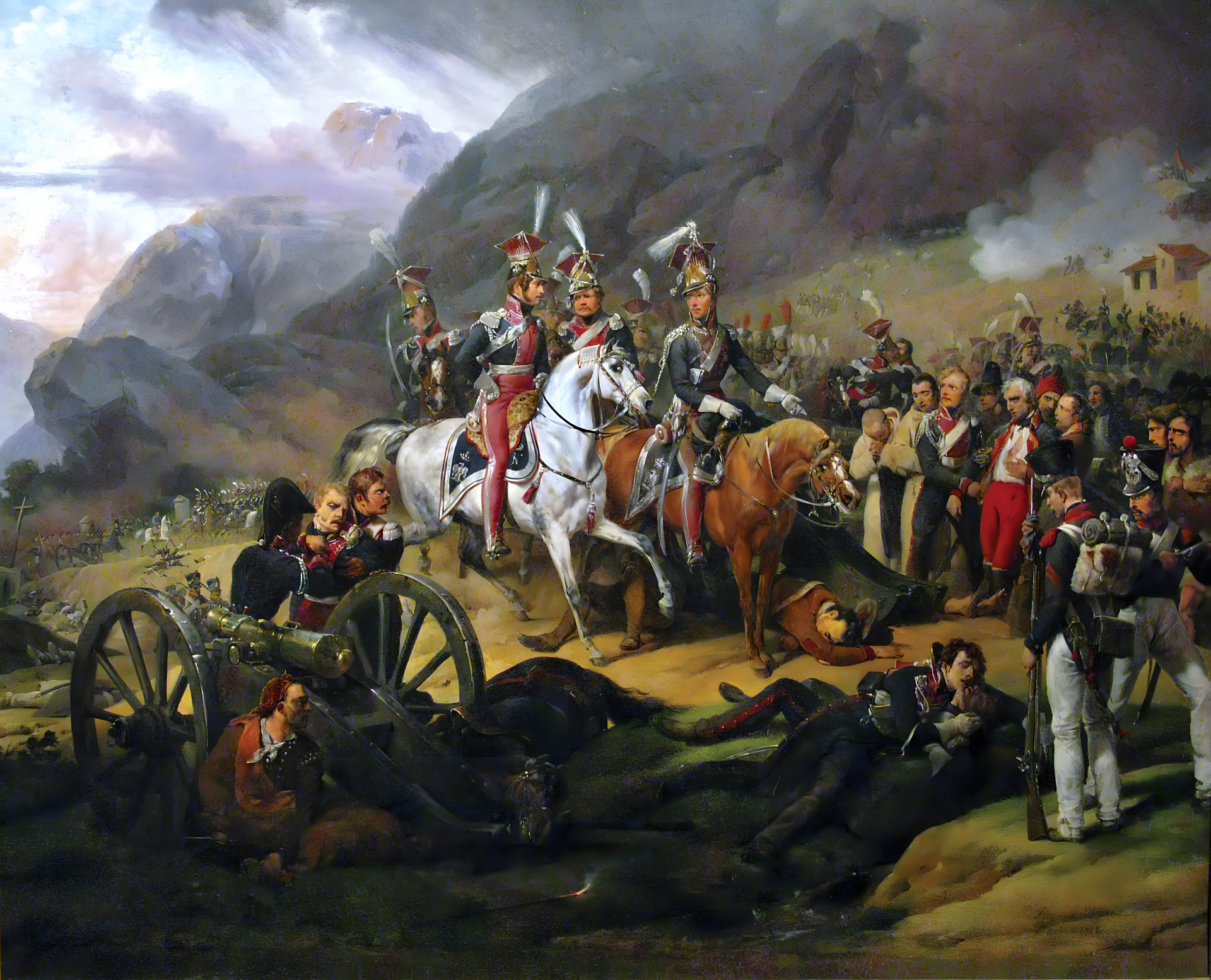
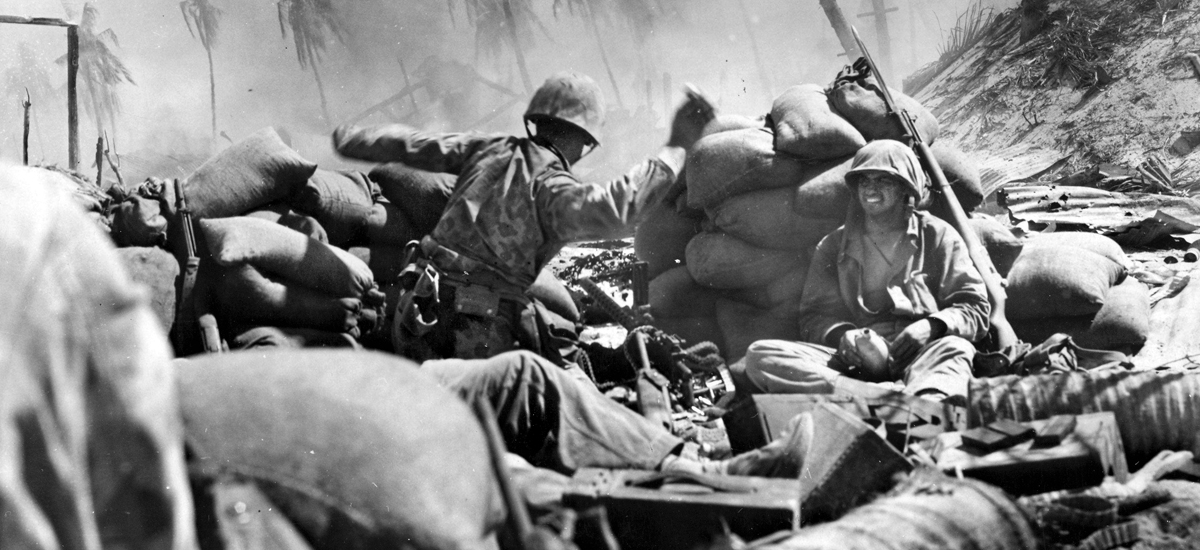
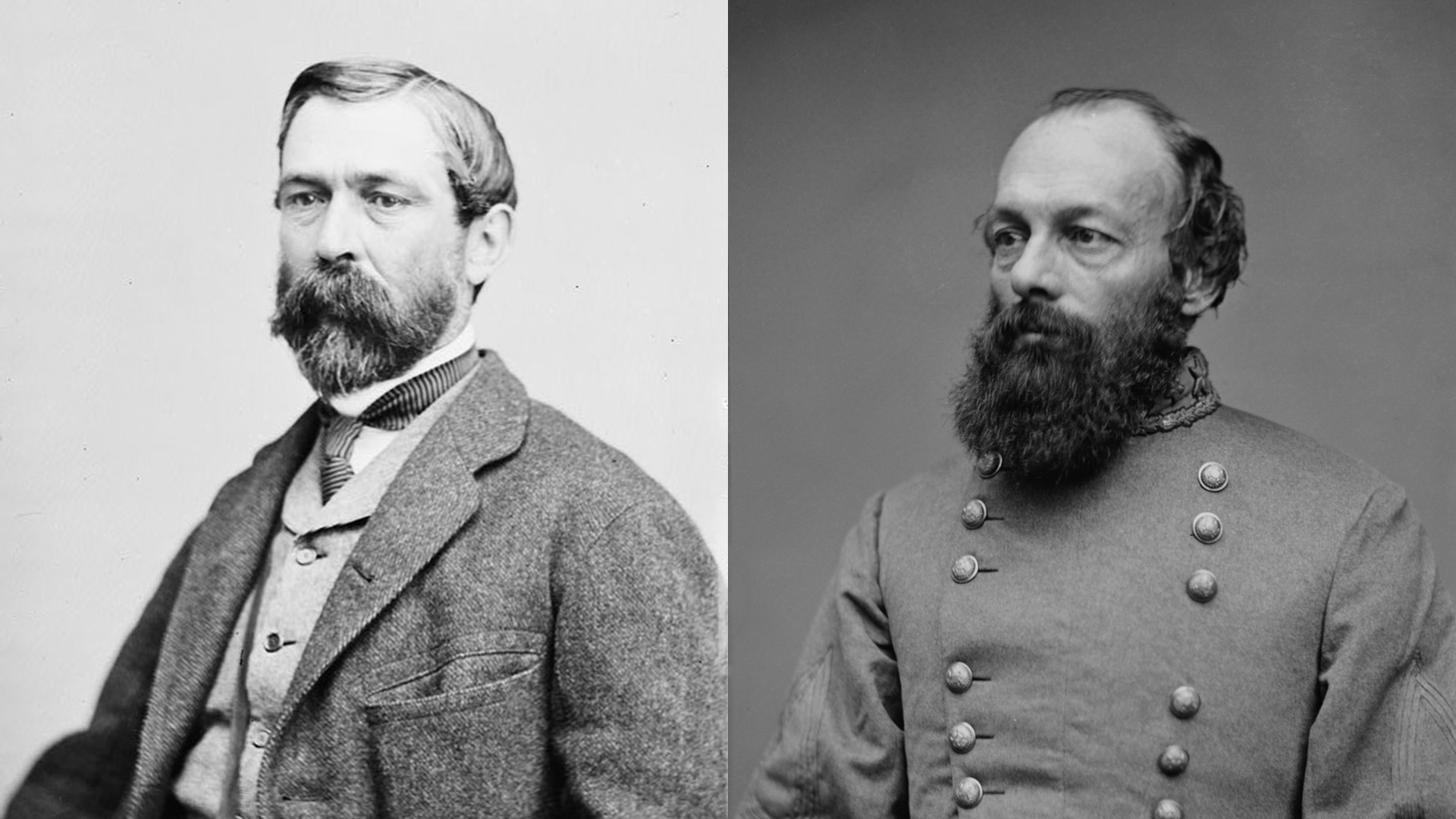
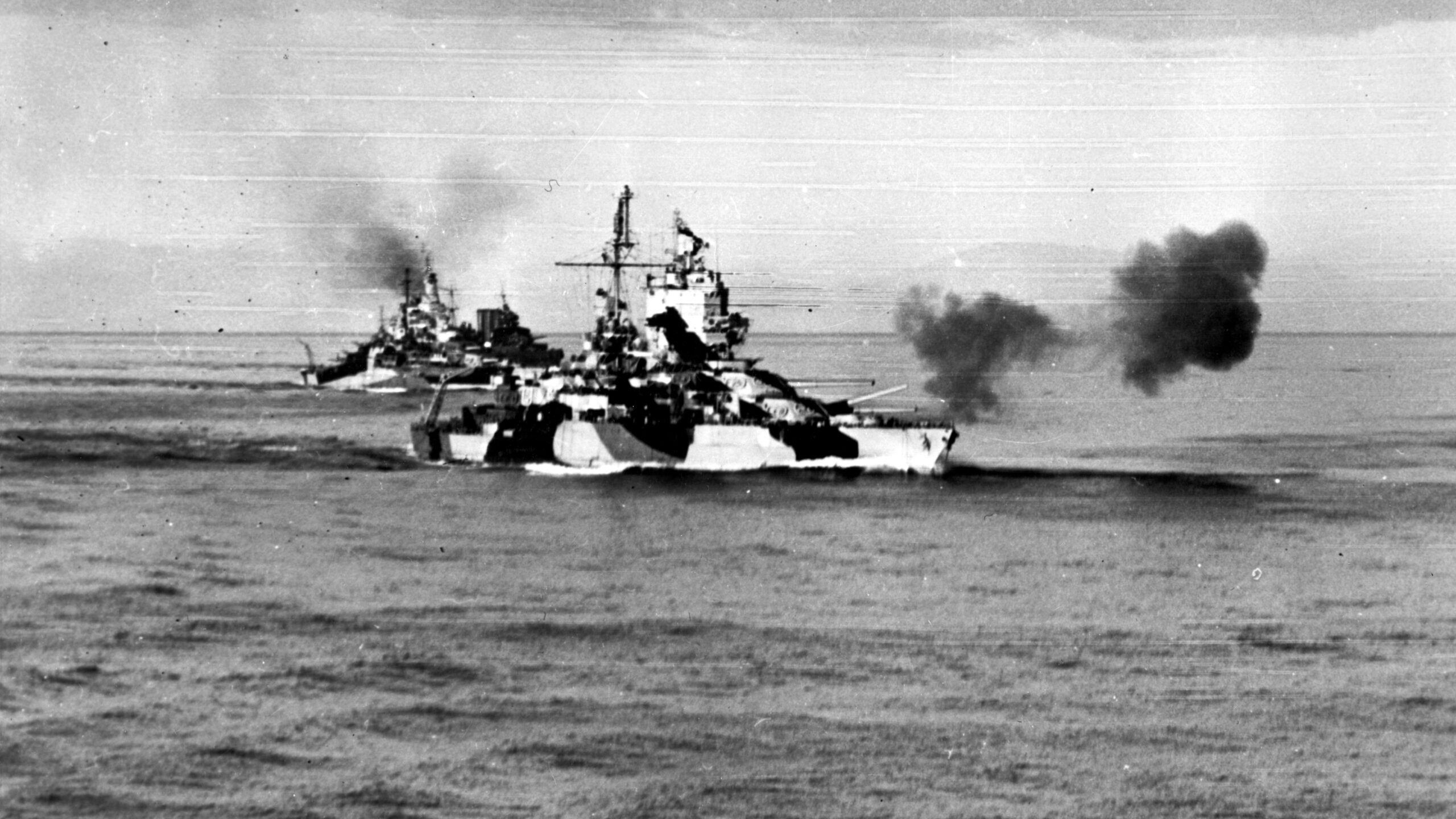
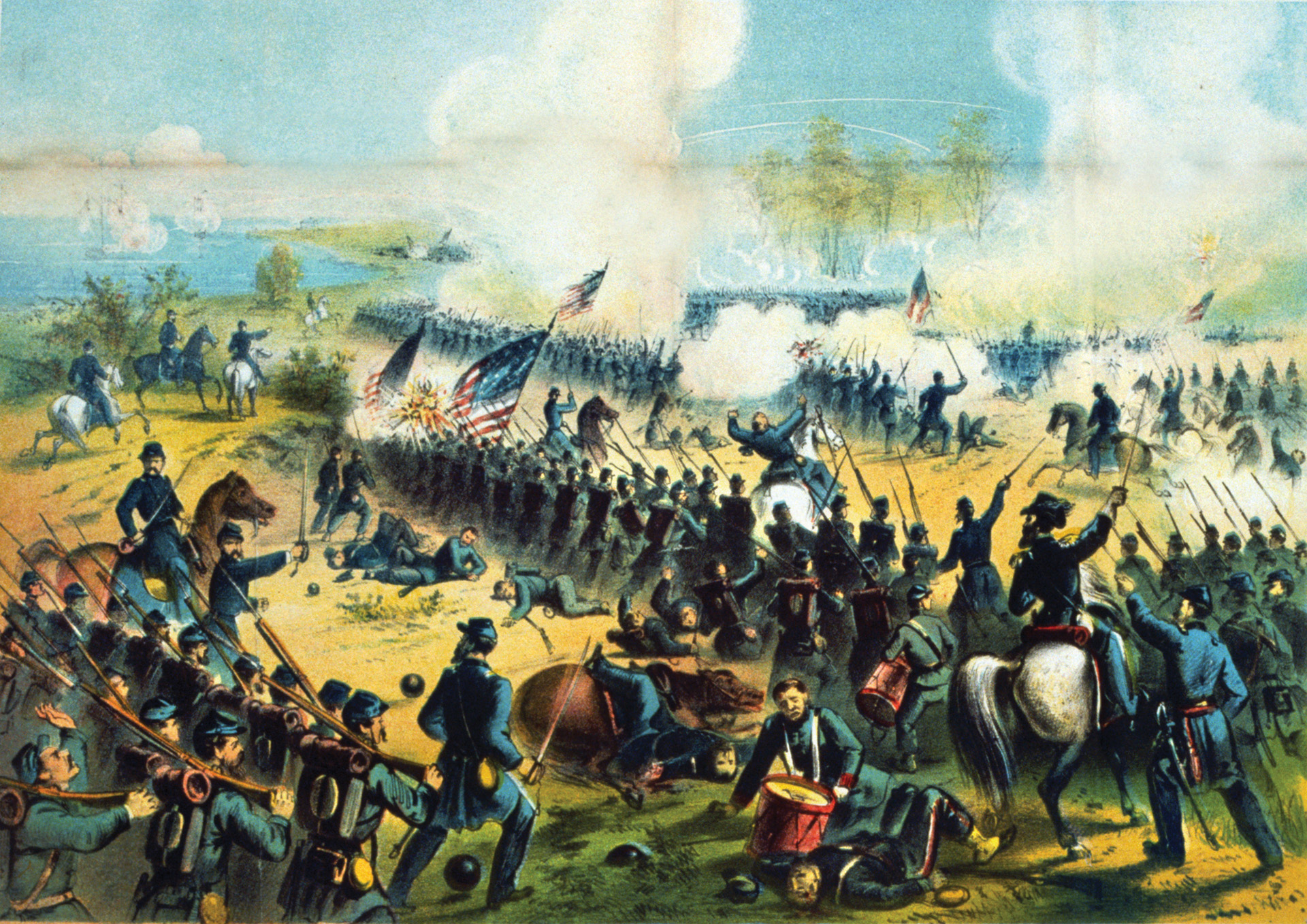
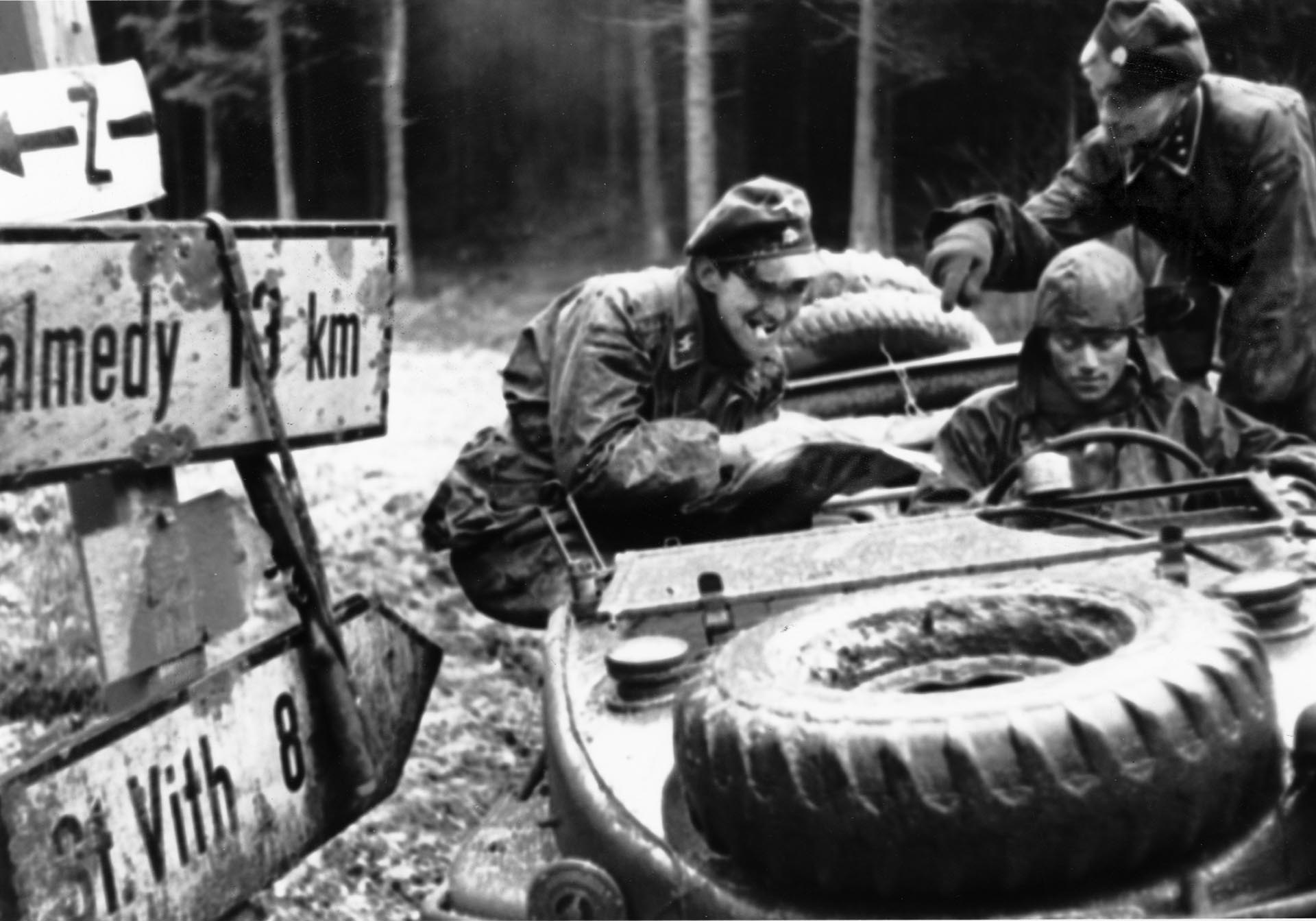
Join The Conversation
Comments
View All Comments